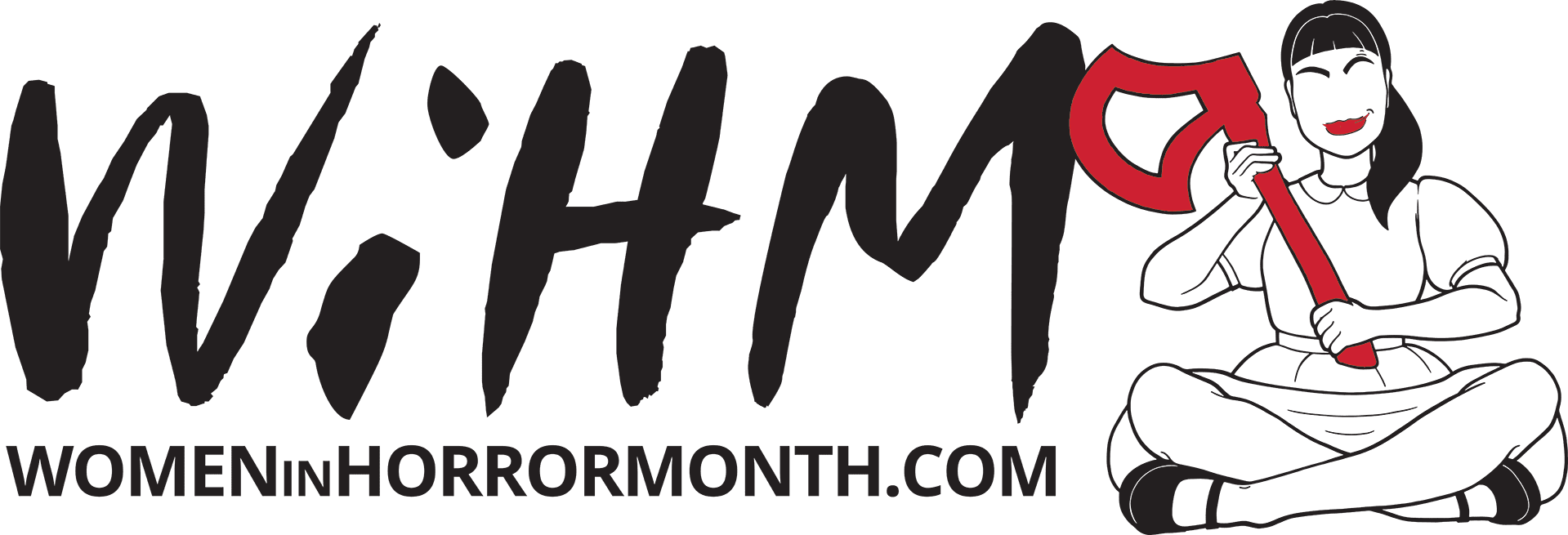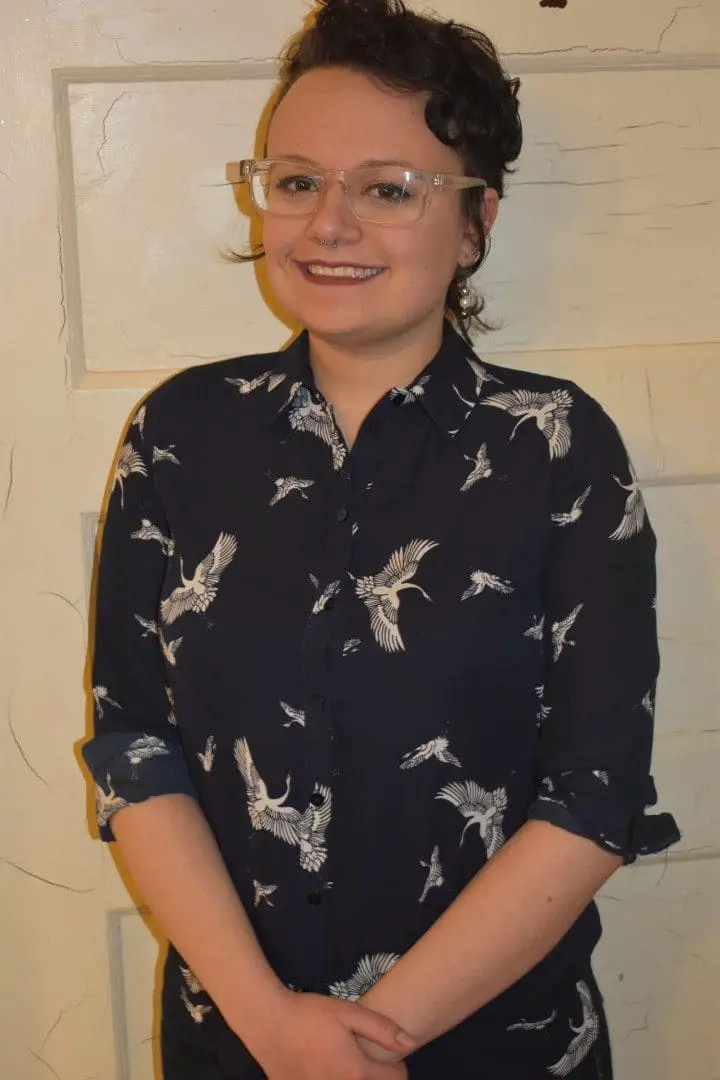WIHM: Horror Films as Parable in the Age of #metoo

Happy February, a time also known as Women in Horror Month, but for better or for worse, the world is learning that horror happens to women year round.
With all of the recent revelations about rampant sexual abuse in entertainment, sports, and politics, it’s hard to stomach people still not choosing to believe the victims. I’m happy to see that more and more institutions are taking their stories seriously and punishing known abusers. However, we can’t forget these abuses went on for so long because those in charge refused to take action until the reality was too powerful to ignore. By then, serious life altering damage was done. What if people took accusations of abuse seriously when they were first occurring?
I was struck by this notion during a viewing of the original A Nightmare on Elm Street. I tweeted that the moral of the story was that if a woman says there’s a monster is around, believe her. If the police listened to what Nancy had said about Freddy at the start, more people would’ve been spared a gory death.
Horror movies can be parables concerning what women say about the presence of predators. A parable is defined as a “simple story used to illustrate a moral or spiritual lesson.” Notable horror movies are largely about what happens to people who don’t think there’s a monster around. This may be an extreme exaggeration, but horror has always been a reflection about what scares us, and sometimes that’s a woman telling the ugly truth.
Along with A Nightmare on Elm Street’s Nancy Thompson, there are two other film heroines who’s stories illustrate this point best: Aliens’ Ellen Ripley and Hellbound: Hellraiser II’s Kirsty Cotton.
There are few heroines who are as iconic as Sigourney Weaver’s Ellen Ripley. Much has been written about the character’s narrative greatness. Everyone remembers her shoving the alien queen out the airlock, but it’s my opinion that one of her finest moments doesn’t have her fighting the xenomorph at all.
If we were facing the alien, I bet all of us would want to react with strength and a level head like Ripley. But it all likelihood, we would be cowering in fear at the xenomorph like Pvt. Hudson (RIP Bill Paxton). Or worse, we could be the obstructive bureaucrats of Weyland-Yutani.
The scene that stands out to me is when Ripley is being debriefed by Weyland-Yutani at the start of the film. Despite the continual dismissiveness of the executives during the inquest, Ripley keeps pushing back. When the chairman tries to give the final word to shut her up, Ripley demands that he listens to what she has to say, ending with a warning concerning the safety of the colony LV-426 and the alien threat, “And all this bullshit you think is so important, you can just kiss all of that goodbye!”
Sounds familiar? It should. Only once their wallets are in danger do the executives take Ripley seriously. After the sexual assaults perpetrated by Kevin Spacey became publicly known instead of being a secret, Netflix canceled his show and Ridley Scott replaced him in All the Money in the World with the less controversial Christopher Plummer. Sure, they may have had altruistic reasons for their actions. But let’s be honest, it was about money, just like Weyland-Yutani.
As for Kirsty Cotton in the second Hellraiser film, we have a young woman who is presented as being the perfect target for abusers. Traumatized by the murder of her father, she is vulnerable and alone. The big bad Dr. Channard uses this to his advantage. Dr. Channard reminds me of the men who have been named by the #metoo movement. He is a well-off white guy in a position of untouchable power, which he uses to abuse people for his own ends, in particular, women and the mentally ill. This is funny to think about when considering the Hellraiser franchise’s most famous (or infamous) character. Not that we should give Pinhead more credit than is his due, but the interdimensional sadomasochist demon shows more concern for consent and bodily autonomy than the human villains.
What about the ends of each movie? The conclusions offer varied solutions to the women and their monsters: realizing she can’t count on anyone else, Nancy steps up and bravely defeats Freddy alone. Ripley kills the alien queen and saves her surrogate daughter with the help of male allies who trust her judgement. Kirsty and fellow abuse survivor Tiffany work together to stop Julia and the Channard cenobite. All similar to real actions survivors of sexual violence can take.
Of course, this is a narrow set of examples. These films involve a white, presumably heterosexual woman. The only variance besides age I can see is class, as Ripley is a working class woman, while Kirsty and Nancy are both from middle class suburbia. How the stories would progress if they were women of color, queer, or disabled deserve their own article series.
But why should we view these horror movies as allegories? Watching them this way it gives us a chance to relook at how we react to certain events and experiences. Watching horror movies as parables isn’t just for movies made thirty years ago. Jordan Peele’s masterpiece Get Out cannot be seen without considering the world it was made in. As part of its identity as an excellent horror film, Get Out is also an indictment of white liberal “polite” racism. It will likely have another layer of meaning when people watch it again in ten or fifteen years. Same goes with A Nightmare on Elm Street, Aliens, and Hellraiser. The films weren’t made with my interpretation in mind, but the world in which we see them has changed.
Everyone takes something different away from stories. Sometimes people need to see fantastic versions of incidents they’ve experienced to heal. It’s cathartic to watch women and the vulnerable win over monsters. This goes for real life too. Judge Rosemarie Aquilina let 156 women give victim statements at the sentencing of former USA Gymnastics team doctor Larry Nassar. Instead of the final girl taking him down, it’s the final women who win in the end.

Rachel Bolton
Rachel is a writer living in Salem, MA where she works on more projects than she has time for. Her writing has previously appeared in Rose Water Magazine, Ms En Scene, My American Nightmare, and Weirdbook Annual: Witches. She enjoys crocheting, reading massive amounts of books, watching documentaries, and playing video games.
You can follow Rachel’s work on her website!











